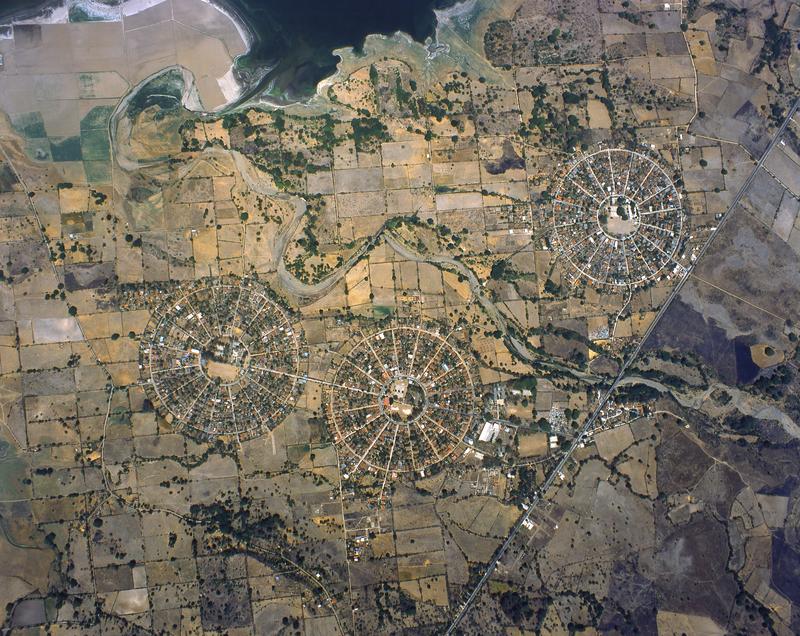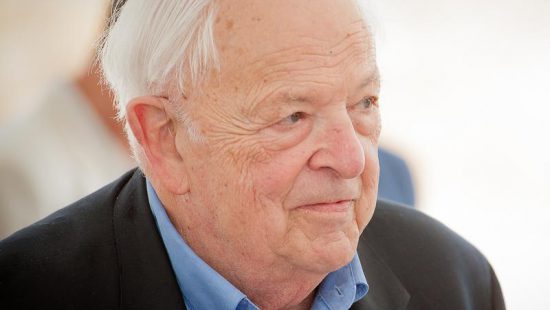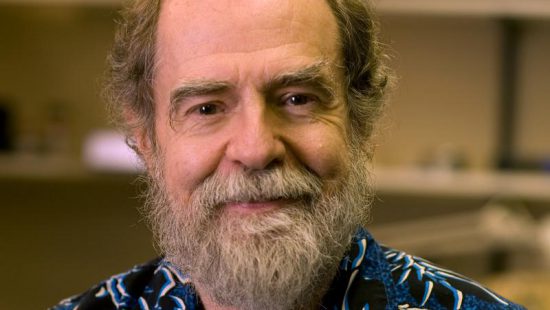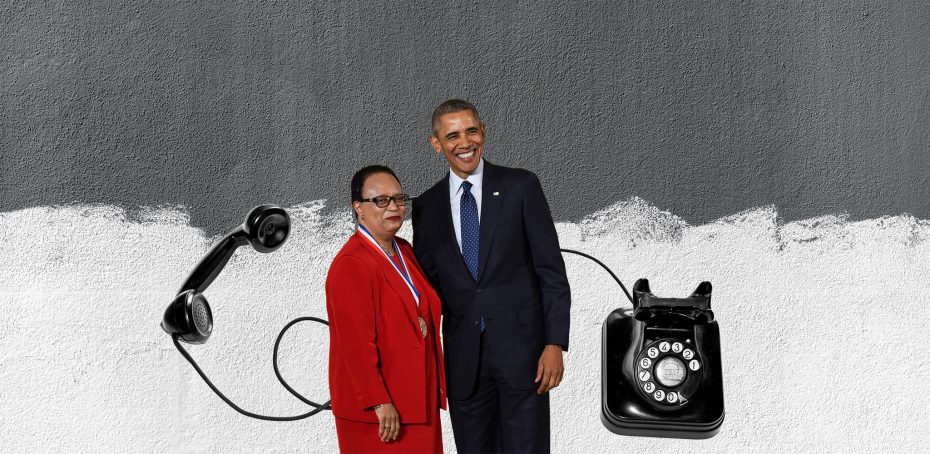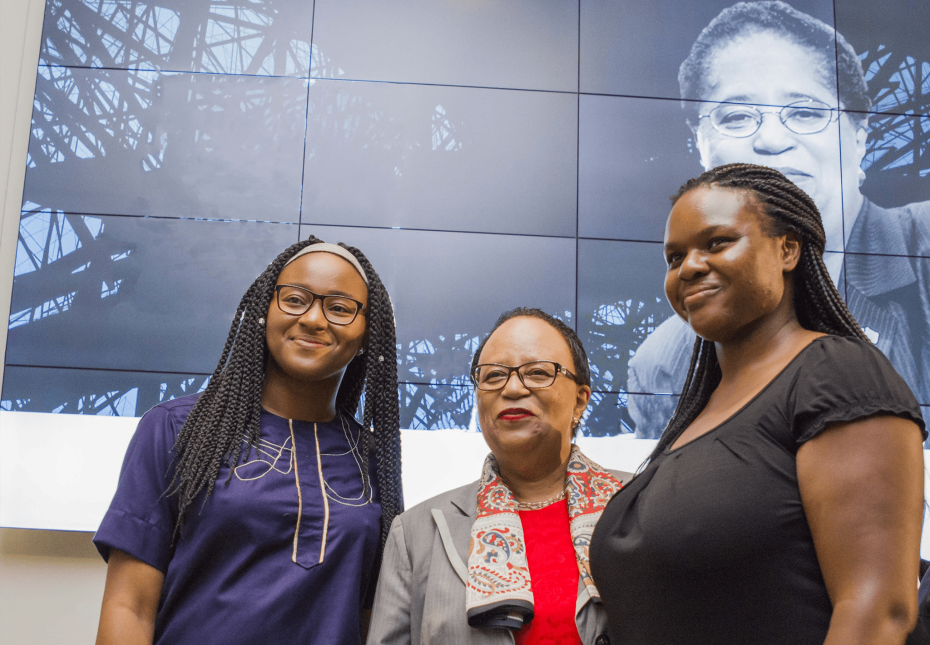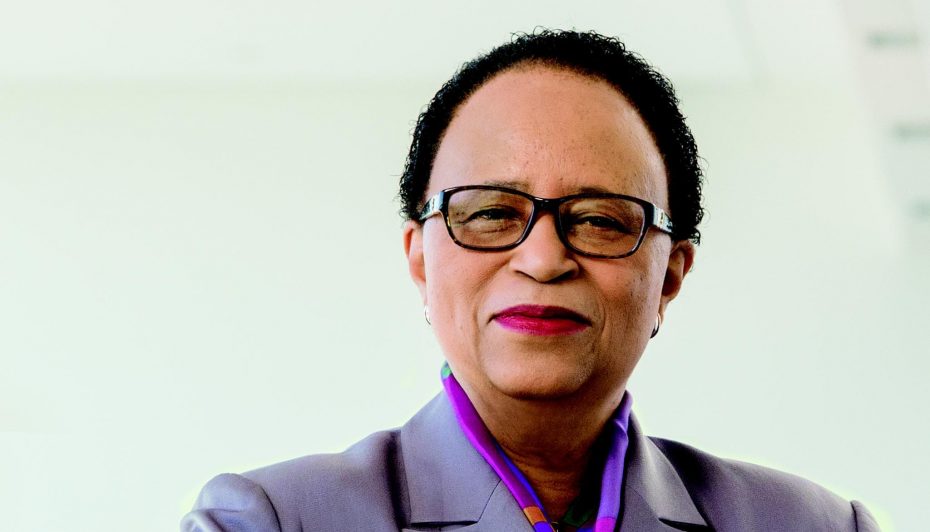Herbert Friedman went to work every day for more than a paycheck.
“If I were rich, I would pay for the privilege of doing it,” his wife, Gertrude, recalled him saying about his research in astronomy and astrophysics during a 40-year career at the Naval Research Laboratory in Washington, D.C.
Friedman began his career at NRL in 1940, using X-rays to study materials.
Ten years later, he switched to an emerging field: the study of space using “sounding rockets,” instrument-carrying vessels used to take measurements and make observations.
In one experiment, Friedman released a series of rockoons – small rockets lifted by balloons before launch – and used them to capture a solar flare, an explosion on the sun.
Among other pioneering efforts, Friedman helped capture the first image of the sun using a pinhole camera and fly the first solar satellite, SOLRAD, which serves as a model for the instruments the National Oceanic and Atmospheric Administration uses today.

